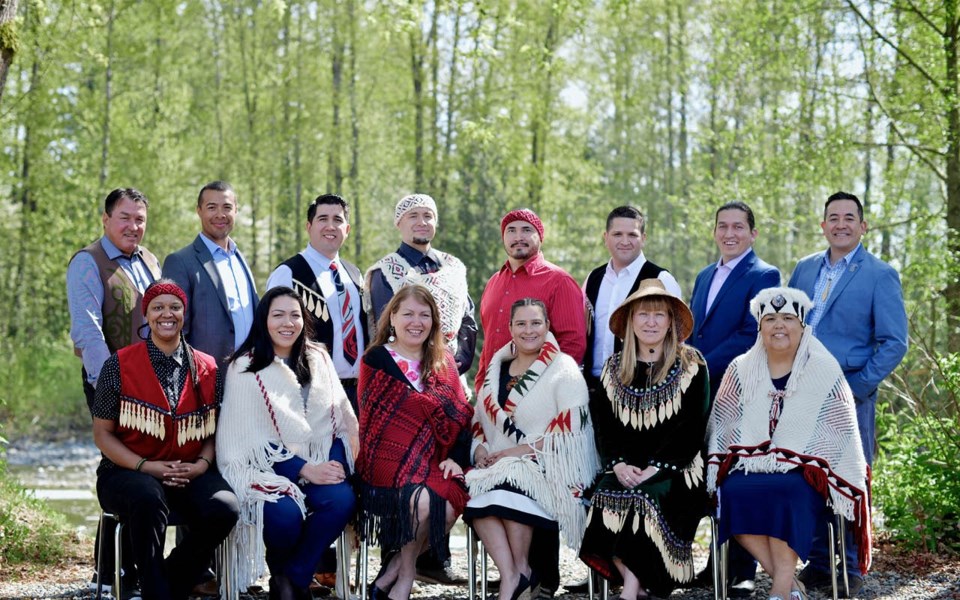Members of the Squamish Nation are heading to the polls on Dec. 6 for their own referendum aiming to modernize how the Nation is governed.
"Our 1981 regulations are kind of outdated, and I think they just didn't anticipate what could have happened, so they need to be updated to take into consideration who the type of people we want representing our nation are. We need more of a process to elect our leadership," explained Brittany John, Squamish Nation spokesperson and electoral commissioner.
The referendum follows two years of community consultation carried out by the Squamish Nation Election Commission, an eight-person panel tapped to investigate electoral reform for the Nation beginning in 2016.
The community feedback gathered from those consultations informed the Commission's final report, dubbed the Squamish Nation Election and Referendum Law. The document proposes significant changes to the current voting system that last saw an update 37 years ago.
Part of the new law this week's referendum could introduce includes strict new requirements for council candidates. If passed, the new law would not allow Squamish Nation members to run in future council elections if they have ever been of convicted of theft, fraud or bribery, sexual assault or other indictable crimes, or of impaired driving offences in the previous 10 years. Under the proposed law, candidates must also never have been removed from an elected office, among other requirements.
"Right now we have two requirements, and that's you have to be a Squamish Nation member and over the age of 18," John explained.
The proposed law would also firm up requirements for council members once they're elected, including requiring a Council agenda to be posted seven days before the regular council meeting, and limiting the number of unexcused absences allowed from council meetings to four per councillor.
"These are things our Nation members were really hoping for, and that's what we're trying to do," said John, adding that, "We're doing it to make our leadership more transparent as well."
In addition to voting on the law, Squamish Nation members can vote on whether they'd like to continue electing a band manager, whether they'd like the power to directly elect the Chair of Council (that position is currently chosen by elected councillors through a secret ballot), whether they'd like to create a ward system and designate council seats for representatives from different communities within the Squamish Nation, and whether they'd like to see the size of Squamish Nation council decrease from 16 seats to eight.
Unlike B.C.'s provincial referendum, Squamish Nation members have three ways to submit their ballot: electronically, through mail, or in person.
"It was important for me to make sure that some process was created to allow our off-reserve membership, those who can't live within the community, to still be a part of this huge decision because it's not just going to affect us, it's going to affect our children and their children," John explained.
Electronic votes must be cast by 11:59 p.m. on Dec. 5, while mail-in ballots must be received by Dec. 6, the same day in-person voting takes place at two polling stations. .
"It is a generational change which members have asked for, for decades. It has been a long road to get here. This decision will have an impact on future elections for our people and hopefully create more access by reducing barriers,"
said Khelsilem, elected councillor and spokesperson for Squamish Nation, in a release.




